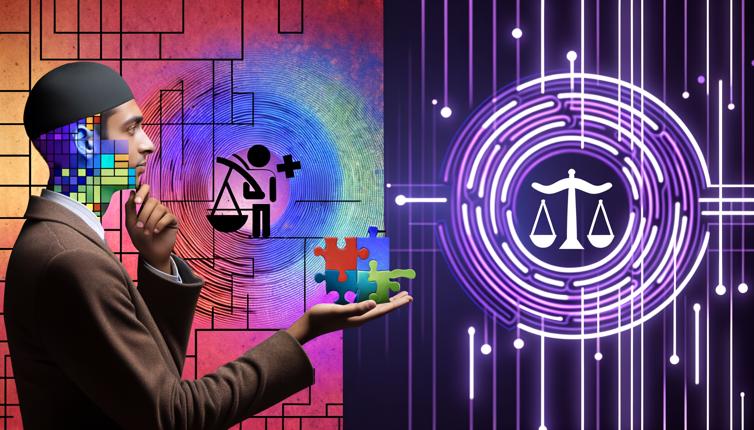Understanding Media Bias
Media bias is the inherent bias or perceived bias in the selection, coverage, and framing of news stories. It is important to be aware that every news source has its own biases, whether they are overt or subtle.,To understand the biases of a particular news source, it's helpful to research its ownership, funding, and political affiliations. This information can provide valuable context for evaluating the reliability and objectivity of the news.,Consuming news from diverse sources is also crucial to get a balanced perspective. By reading news from different political leanings, you can gain a more comprehensive understanding of the issues and avoid echo chambers.,Fact-checking websites and non-partisan organizations can be valuable resources for verifying the accuracy of news stories. It's important to cross-reference information from multiple sources to ensure its reliability.
Developing Critical Thinking Skills
One of the most effective strategies for discerning truth from misinformation is to develop critical thinking skills. This involves questioning the source of information, evaluating the evidence provided, and considering alternative viewpoints.,When consuming political news, ask yourself the following questions: What is the source of this information? Are there any potential biases or conflicts of interest? What evidence is presented to support the claims? Are there alternative interpretations or viewpoints?,Be cautious of clickbait headlines and sensationalized stories. They are often designed to provoke an emotional response rather than provide accurate information. Look for reliable sources that present well-researched and balanced reporting.,Seek out experts and fact-checkers who have specialized knowledge in the field. They can provide valuable insights and help verify the accuracy of information.
Engaging in Civil Discourse
Engaging in civil discourse is another important strategy for staying informed in the political landscape. This involves listening to different perspectives, engaging in respectful dialogue, and being open to changing your own views.,Seek out constructive conversations with individuals who have different political beliefs. This can help broaden your understanding of different viewpoints and challenge your own biases.,When engaging in political discussions, focus on the issues rather than attacking individuals personally. Respectful dialogue can lead to productive conversations and a deeper understanding of complex issues.,Remember to fact-check information before sharing it with others. Misinformation can easily spread through social media platforms, so it's necessary to be vigilant and verify the accuracy of information before sharing it.
Conclusion
Staying informed in the political landscape requires a proactive approach. By understanding media bias, developing critical thinking skills, and engaging in civil discourse, you can navigate the abundance of information and make informed decisions. Remember to fact-check information, diversify your news sources, and stay open-minded to different perspectives. With these strategies, you can effectively discern truth from misinformation and bias in the political landscape.









